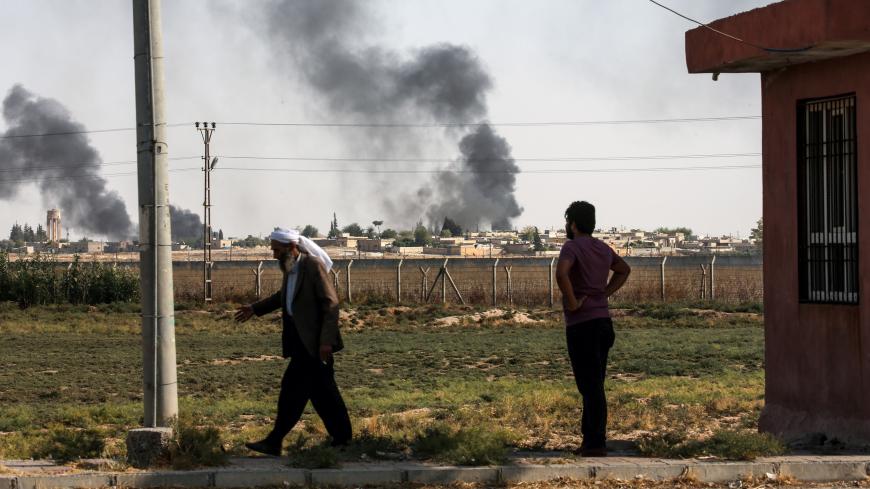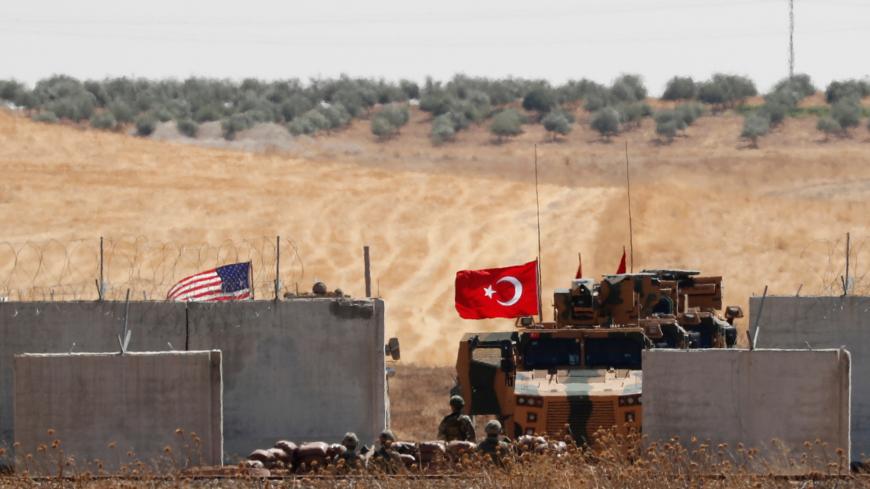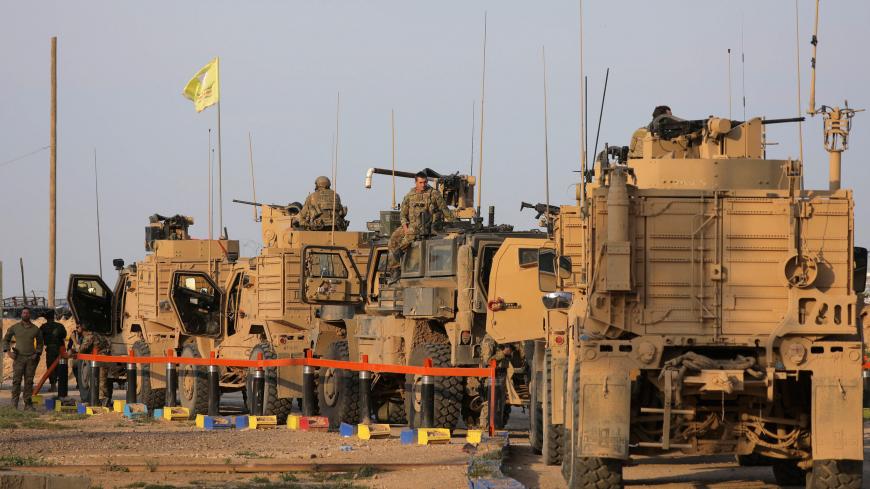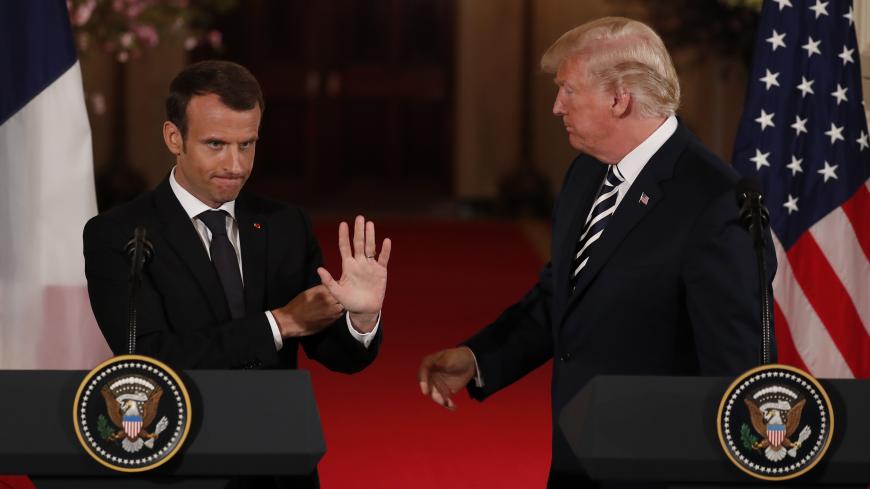Islamic State fight paused as Turkey invades northern Syria
As Kurdish fighters in Syria leave the fight against the Islamic State to defend against Turkey, the United States pauses the battle against the militant group.

The US-led mission to defeat the Islamic State (IS) in Syria was paused today, a senior administration official told Al-Monitor, as Turkey launched airstrikes deep into northern Syria against American-backed Kurdish forces.
It was not immediately clear whether the fight that includes approximately 1,000 US troops would resume at all, as Kurdish units the United States considers the strongest group of fighters within the Syrian Democratic Forces (SDF) left the IS fight Wednesday to take on Turkey.






